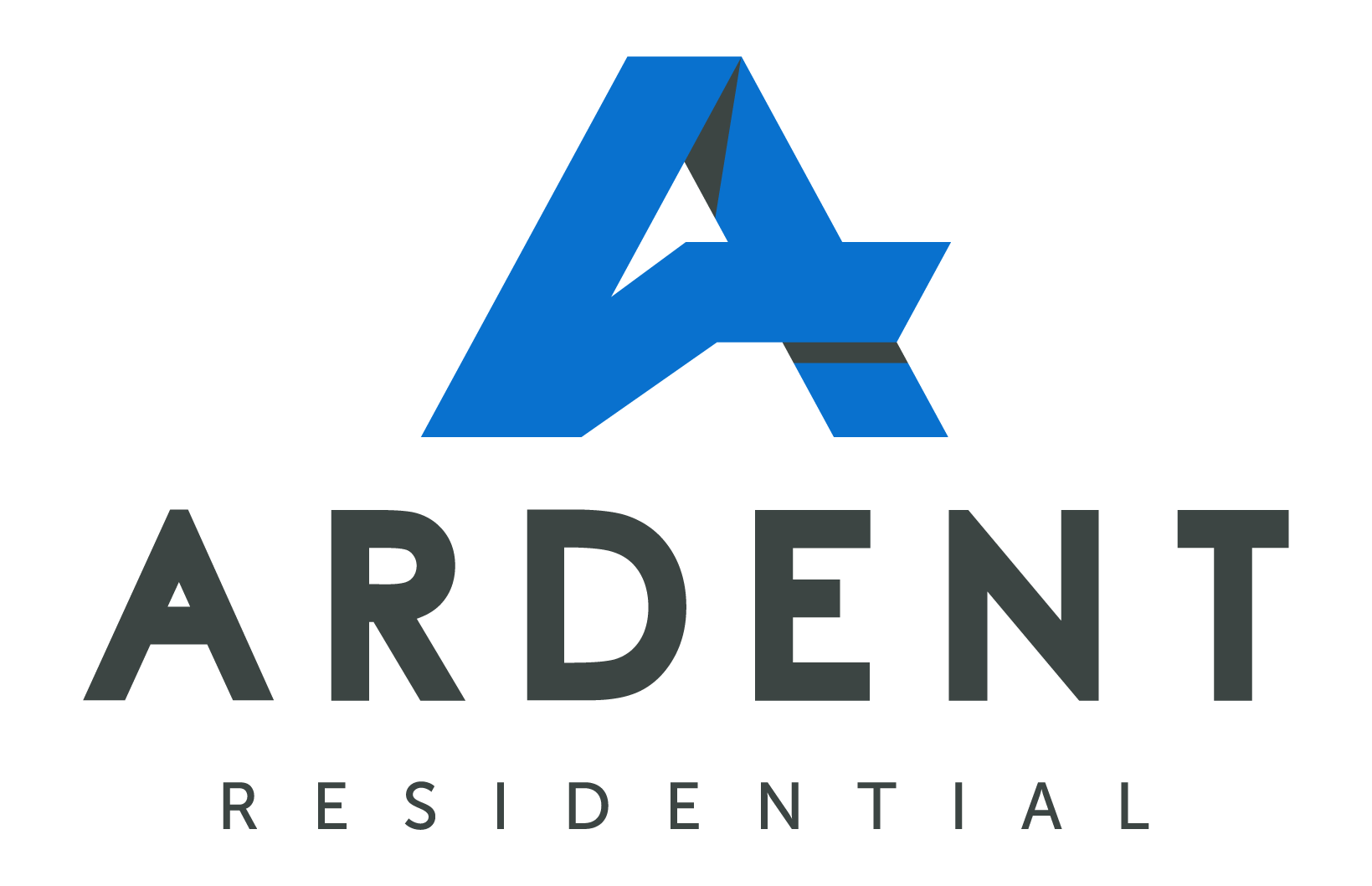Common Compliance Issues Include:
- Parking violations (taking someone else’s spot, parking an RV or boat, etc.)
- Littering (or simply leaving trash bins by the curb too early or late)
- Causing damage to common areas or equipment
- Failing to clean up after a pet or letting a pet roam free
- Not making repairs or maintaining the property when given notice
- Making upgrades or changes that violate the CC&R (e.g. erecting a shed or fence out of materials not approved by the property owners’ association)
- Creating a nuisance (e.g., by making too much noise)
- Putting a barbecue grill on the porch or balcony
- Offering the property as a short-term rental if guidelines prohibit this practice
- Failing to pay dues in a timely manner
Here are several ways to reduce violations and help the community run more smoothly.
1. Communicate Early and Often
People can’t adhere to rules if they don’t know about them. With all the guidelines property owners are supposed to follow, it can be hard to remember everything. Issue friendly reminders throughout the year through email, flyers, posters, and meetings to help everyone stay informed. If any rules change, or if the board is going to start enforcing a guideline more uniformly, take special care to give everyone advance notice.
2. Make Sure Rules Are Sensible and Easy to Understand
If HOA rules don’t make sense, it’s unsurprising that people fail to follow them. Some property owners’ associations can go too far in making up a rule for every little thing. There should be a clear connection between the rules of the community, its values, and the objectives it is trying to achieve. For example, a rule about nuisances should be targeted at behaviors that substantially reduce quality of life. Playing loud music at night is a good example. However, rules that tightly regulate something trivial like acceptable colors for holiday lights don’t really benefit the community and just make the HOA board seem overly controlling.
3. Apply Consequences Consistently and Fairly
When people don’t see rules being regularly enforced, it increases the likelihood that they will fail to comply. And when you do fine them for a violation, they could make the argument that they are being unfairly singled out (since their neighbors are getting away with the same thing with no consequences). Update your procedures to outline exactly how violations will be handled, the timeline for follow up, and who is responsible for each step of the process.
4. Respond to Complaints Promptly
Being part of an HOA is about give and take. Members are already paying their dues. They need to feel that they have a voice and that their concerns are taken seriously. When you respond quickly and effectively to complaints, you set a good example for community responsibility. Once HOA members know you have their back, they are more likely to cooperate with community guidelines in return.
5. Recognize and Reward Good Behavior
If your community has a significant problem with noncompliance, fines and penalties aren’t the only way to deal with the issue. You can also use positive reinforcement. For example, if littering is a problem, find ways to bring the community together to clean up the neighborhood. Make it a positive social event and a chance to beautify the environment. Post in the community newsletter about those who volunteered to help out. Make it a point of pride for people to follow the guidelines and improve quality of life. This encourages everyone to pay more attention to how their actions affect others.
6. Work with an HOA or Property Management Company
One of the most effective ways to boost compliance is to have an experienced partner help implement consistent processes. From communicating with community members to helping the HOA board navigate disputes, a trusted HOA community management company can provide guidance and offer solutions to many common compliance issues.
Help your community members get on board with following HOA guidelines. Contact Ardent Residential today we can help with more ways to boost compliance.





